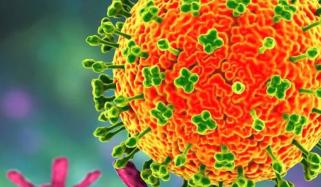
First Aid Beauty has voluntarily recalled a popular face moisturiser all across the US, triggering the Food and Drug Administration to give the recall its second-highest risk classification.
According to Newsweek, after First Aid Beauty on December 23, 2025, recalled 2,756 jars of its Ultra Repair Cream, the FDA revealed that the reason behind this recall was that the company was not following the safety rules essential for the efficacy of pharmaceutical products.
The FDA describes the recall as a "firm's removal or correction of a marketed product that the FDA considers to be in violation of the laws we administer and against which we would initiate legal action."
Agency on Tuesday, January 21, 202, gave the recall a Class II risk classification, which means that the use or exposure to the product can cause temporary or medically reversible adverse health consequences with a remote probability of serious adverse health consequences.
Moreover, the FDA said in its recall policy for cosmetics, "In addition to the corrective actions of removing a violative product from the market and either destroying it or bringing it into compliance, (cosmetic firms) should take the kind of corrective actions that prevent a similar problem from occurring in the future.”
“For example, you should determine why the violation occurred, determine what changes you should make to keep the problem from happening again, and implement those changes," it continued.
Notably, beauty products are not recalled from the market often like medicines or food, but learning about the risk of these products is equally important to the consumers.















